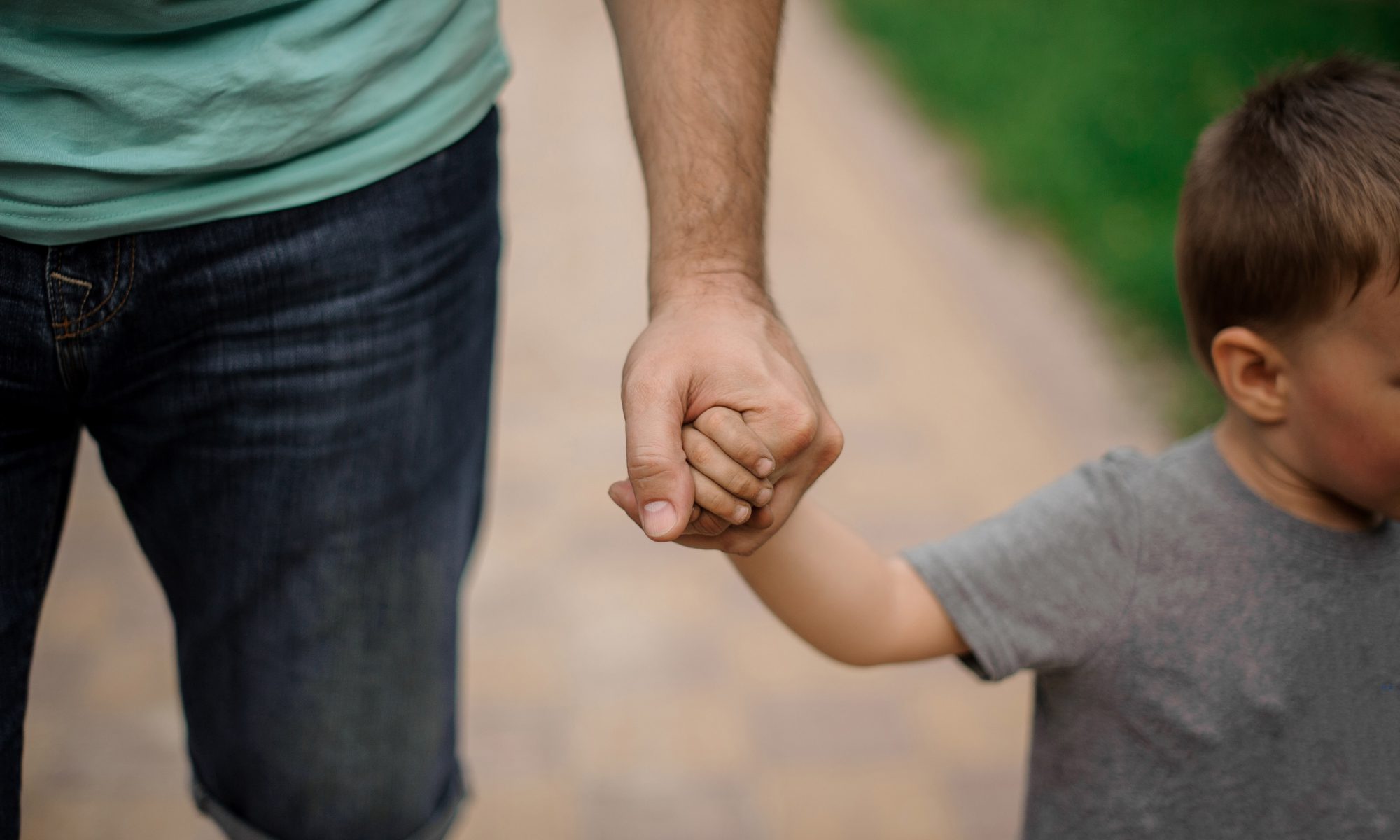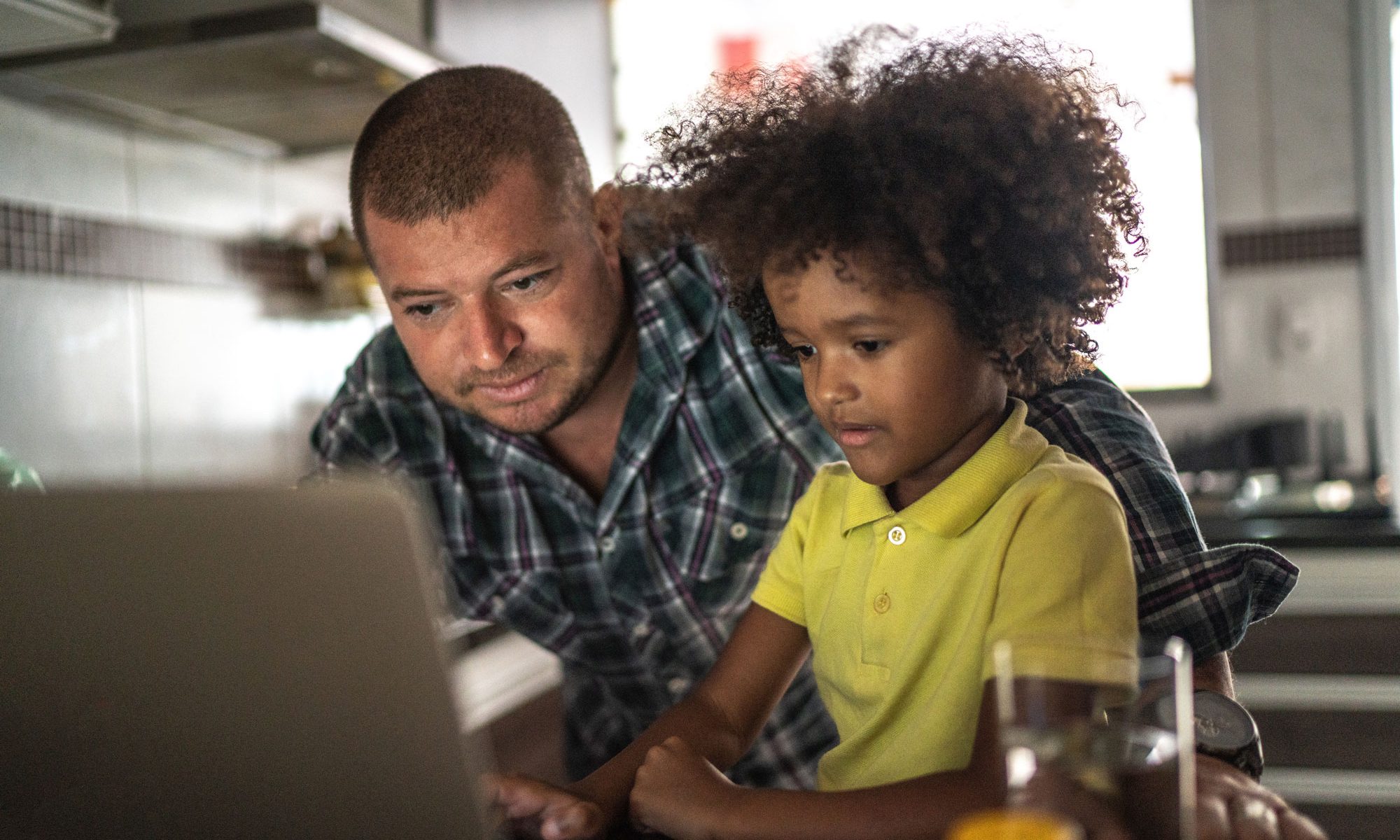Fathers First Mentoring
Editor’s note: the subject’s name has been changed at his request to protect his privacy.
Mark’s journey to becoming a role model and mentor to other fathers was unconventional. In fact, he only learned of his young daughter after she’d already been placed in foster care. Upon his discovery, Mark immediately began the uphill battle to gain custody of her. Our Fathers First program was there to help him navigate his newfound parenthood.
“I felt like I was wrestling an octopus because I had all kinds of new constraints on my time and new things to do and I wasn’t getting any guidance from anybody,” Mark recalls. “[Fathers First] gave me some hope and insight and some macro knowledge of what I would be looking at.”
Fathers First Classes
Mark liked that Fathers First parenting classes included people from all walks of life, and that there was a sense of camaraderie in the class. In addition, it helped him that Fathers First didn’t just talk about one age group of children, but covered every aspect and every area of parenting. “The nuts and bolts [about parenting] I’ve been able to cobble together but early on [Fathers First] was really huge for me,” he says.
Mark recalls having a Department of Social Services home inspection during the time he was taking the Fathers First class. “Up to a few hours before they were coming out I was still putting finishing touches on the house. I was going from being a bachelor to a single father and I had never given much thought to decoration. That was really hard to pull that together on top of everything else. [Fathers First] was really good about working with me and understanding that I had a lot of challenges.”
Giving Back
These days, Mark has full custody of his daughter and is busy taking care of her and also giving back by mentoring other fathers. While Fathers First runs classes for the general public, we also run similar classes inside local jails. Mark has volunteered as a pen pal to incarcerated fathers who are enrolled in our jail-based classes and who are eager to become positive influences in their children’s lives. With a master’s degree in creative writing, Mark has always worked on his communication skills and was happy to find a volunteer niche where he could put them to use. Right now he is exchanging letters with three incarcerated fathers.
Mark has found the key to mentoring incarcerated fathers is to be open-minded and non-judgmental. He credits his own broad life experience with helping him to accept incarcerated fathers where they are. Mostly, he finds they feel guilty about missing time from their children’s lives. “I try to encourage them not to focus on that but to focus on what they can do going forward,” he says. “Their children need them and need their input.”
To support Fathers First and the work that we’re doing in the lives of fathers like Mark, please visit https://tapintohope.org/support-us/ and learn about making a financial contribution to TAP or becoming a volunteer.


